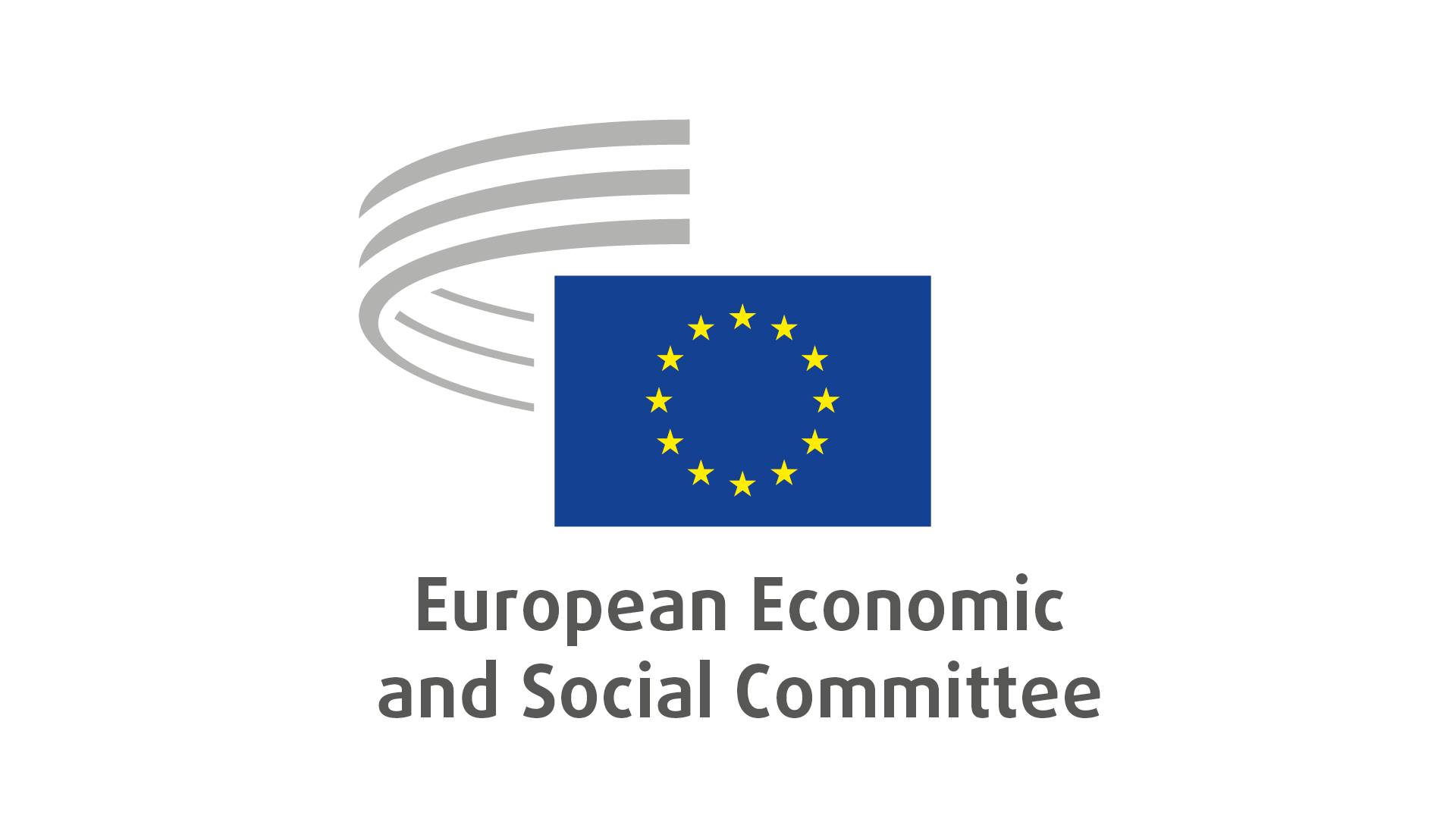European Economic and Social Committee information report: Digitalisation is a key challenge for SMEs in the Mediterranean region

The information report “Digitalisation and SMEs in the Mediterranean region” adopted by the European Economic and Social Committee (EESC) at its December plenary session sets out to analyse the current state of play of digitalisation in northern, southern and eastern Mediterranean countries and highlight specific challenges. One of the main conclusions of the report is the need to establish a “broad policy agenda aimed at strengthening the decisive role of SMEs in the socioeconomic development of the Euro-Mediterranean countries and, most importantly, in the fight against unemployment”.
One of the proposals put forward in the report is to prioritise investments in digital infrastructure, but also in the educational reforms needed to mainstream digital skills among teachers and students when revising the European Neighbourhood Policy and bilateral Association Agreements in the future.
The EESC also recommends investing in awareness-raising campaigns to inform SMEs about the costs of non-digitalisation and supports the development of online self-assessment tools to help them get started with the development of a digitalisation strategy.
Another important topic addressed in the EESC’s information report is the gender gap in labour force participation in most Euro-Mediterranean countries. Digitalisation can help reconcile work and family life by allowing for flexible working arrangements and teleworking. Therefore, the EESC considers that national digital strategies should promote women’s participation in the labour market and include incentive schemes for SMEs to take on women.
Boosting connectivity in rural areas, and between rural and urban areas, is also essential to their revitalisation from an economic, social and demographic point of view. The urban-rural digital divide must be tackled to make rural areas more attractive for young people and reduce the trend towards depopulation. The adoption of smart farming technologies is a major opportunity to increase productivity and improve working conditions.
Read More




























 Syria
Syria 





